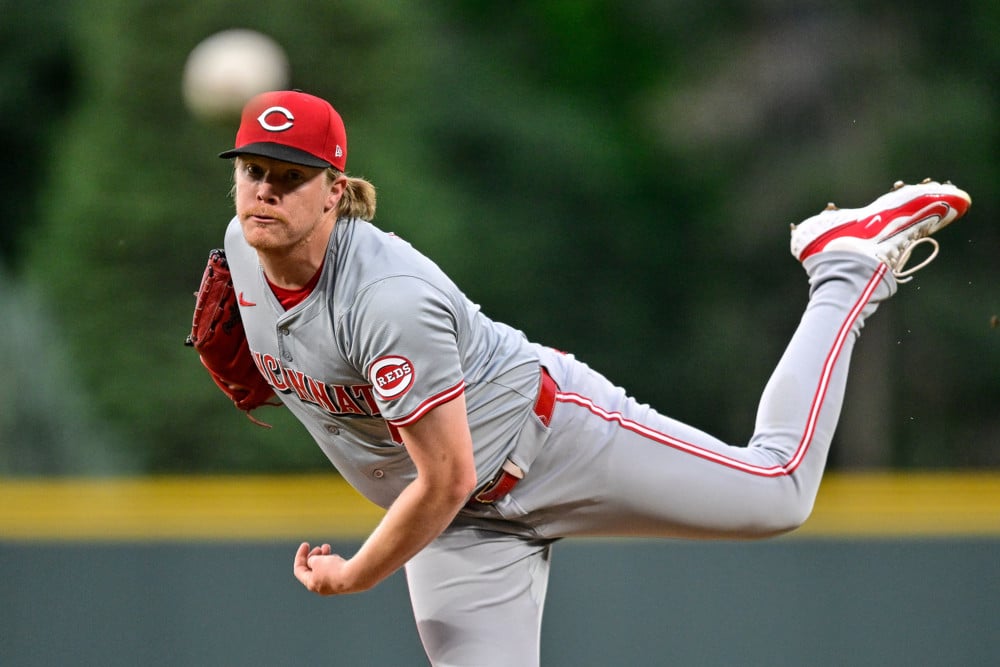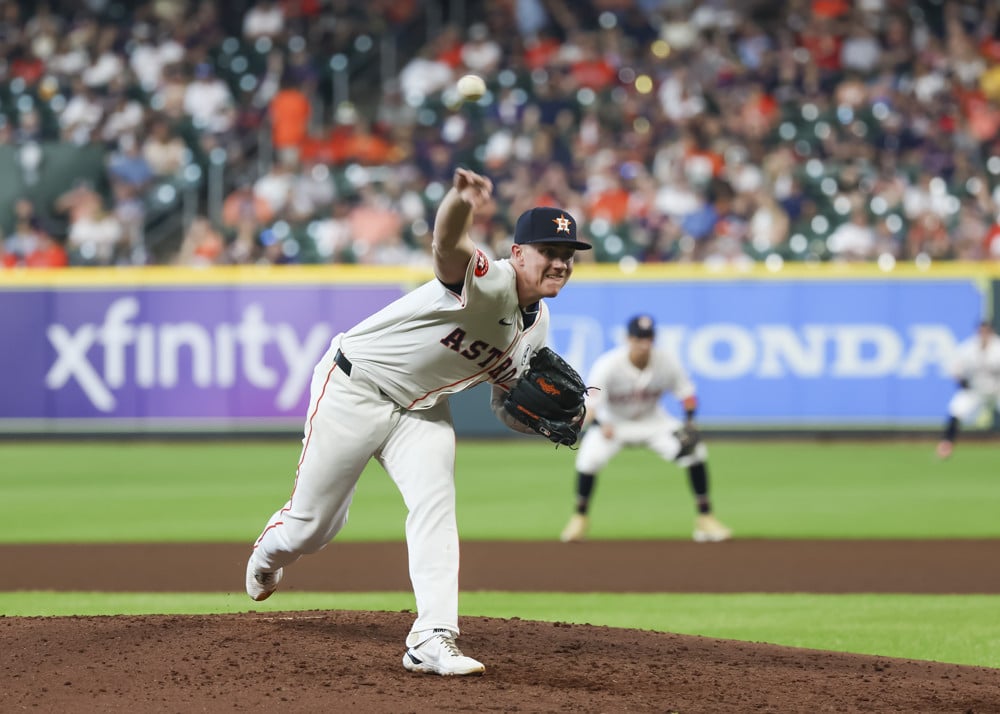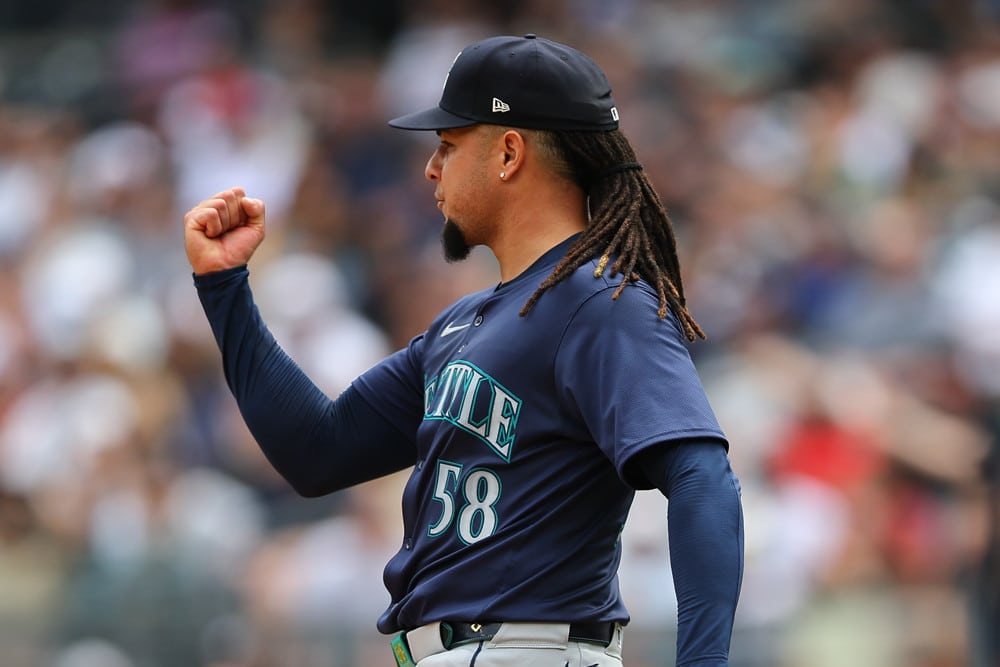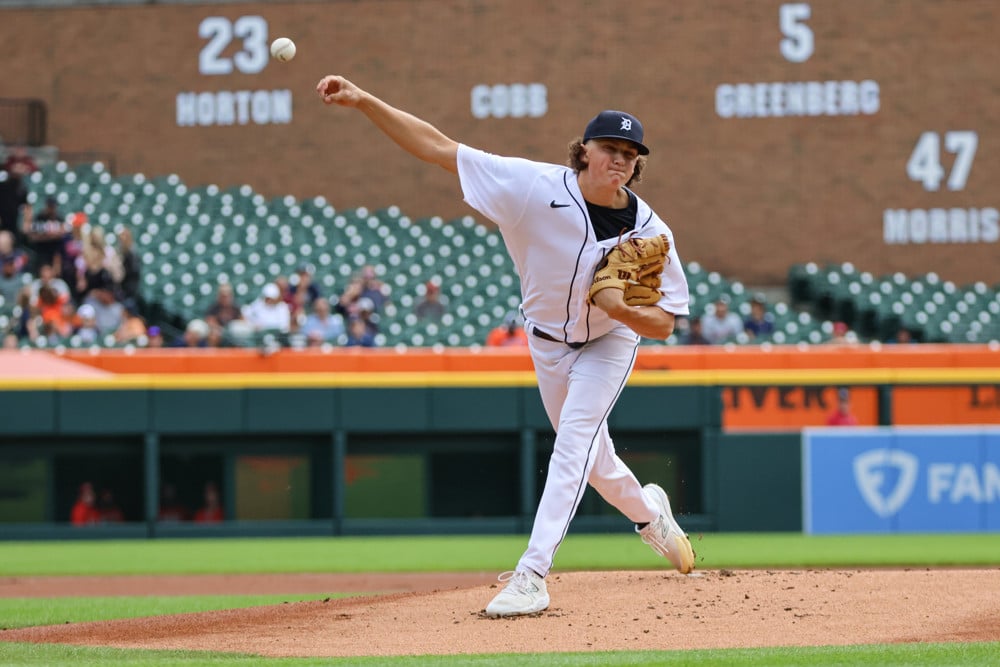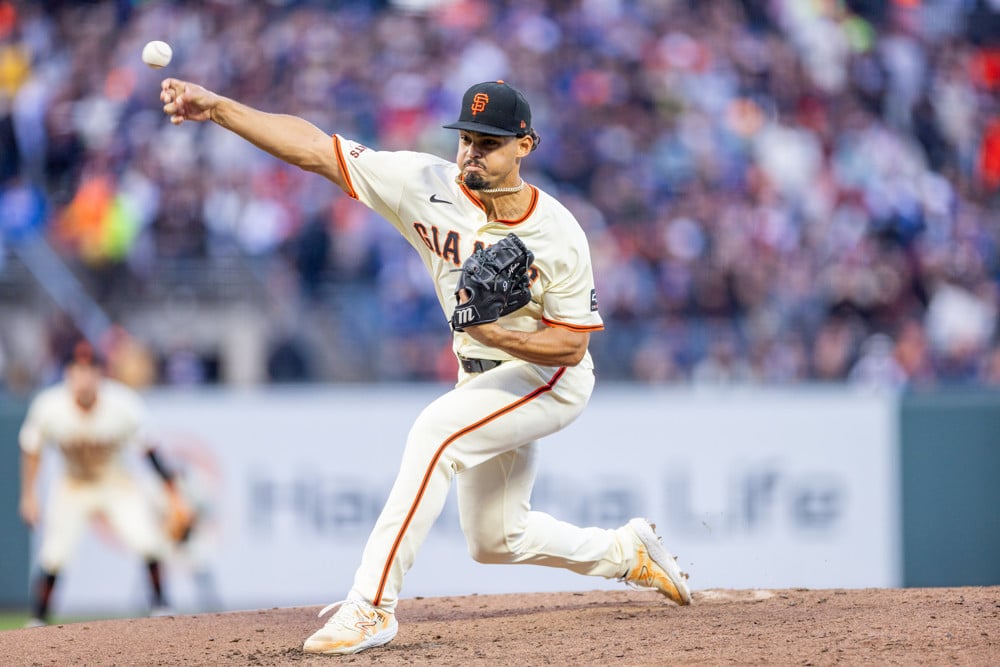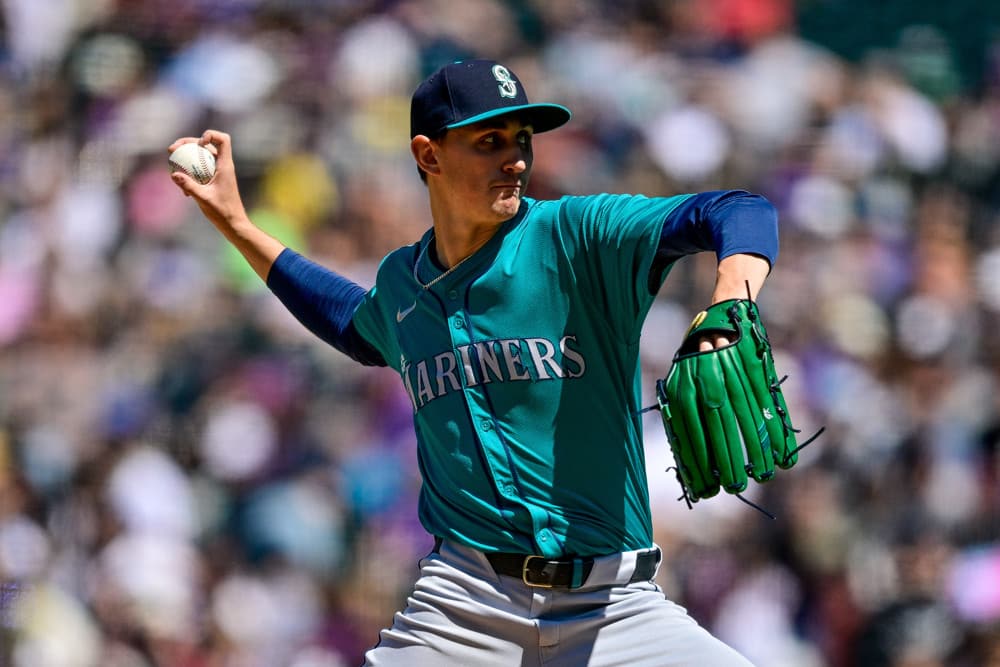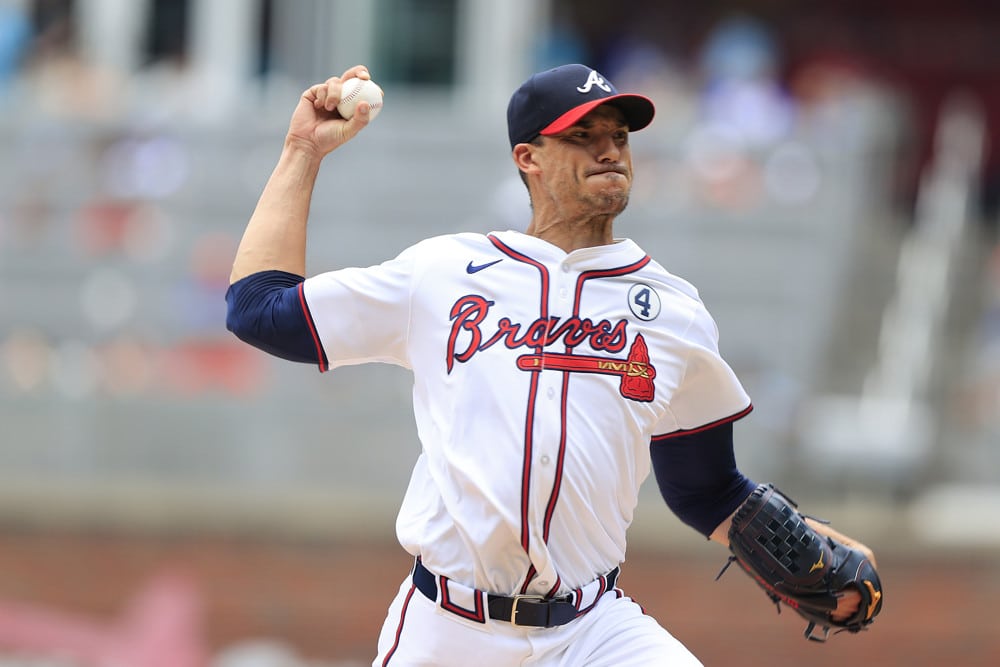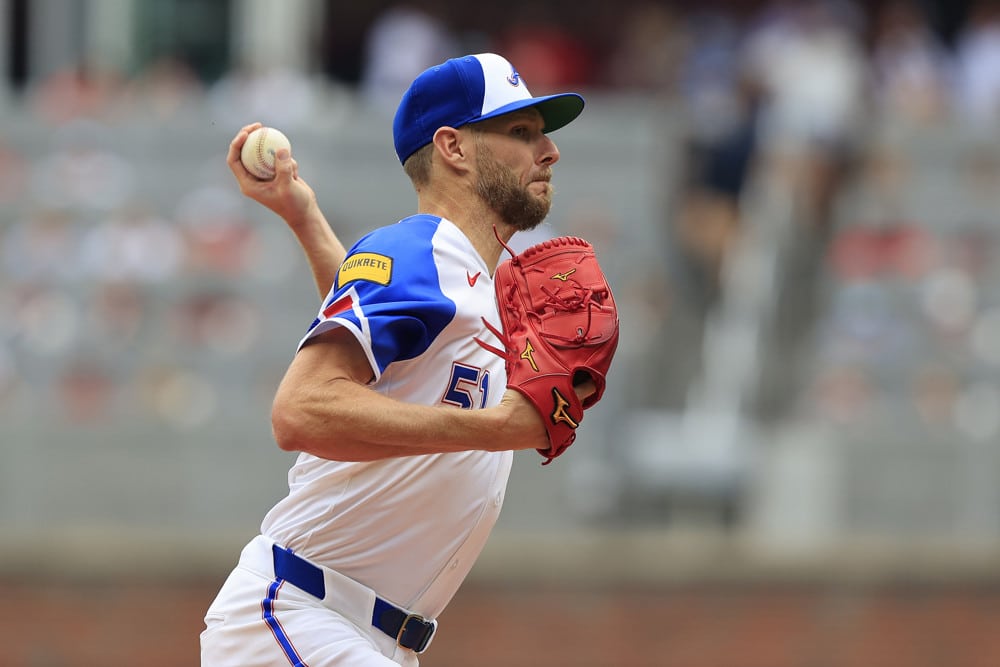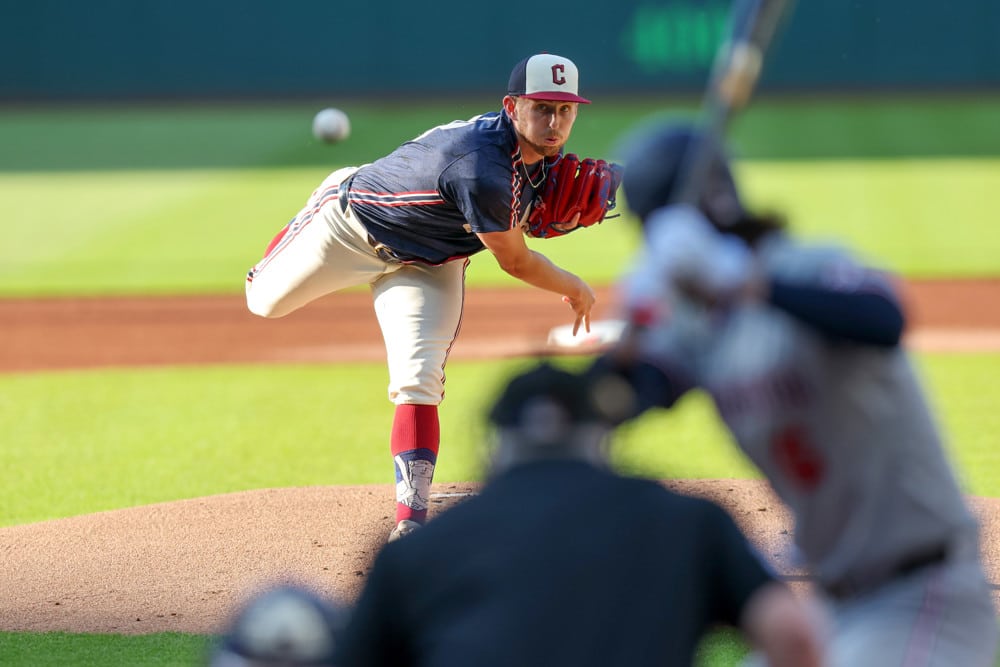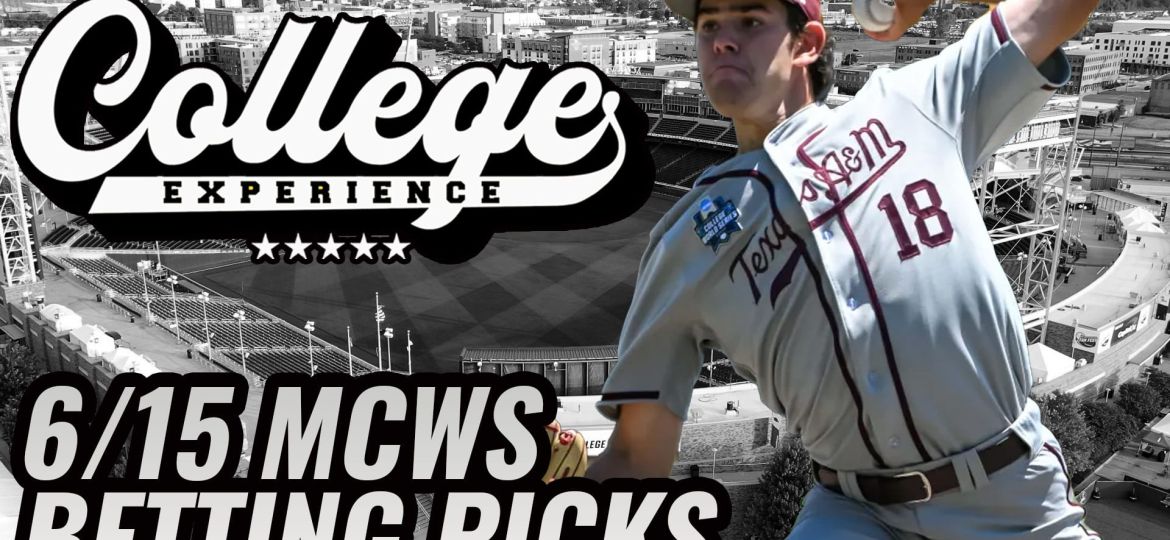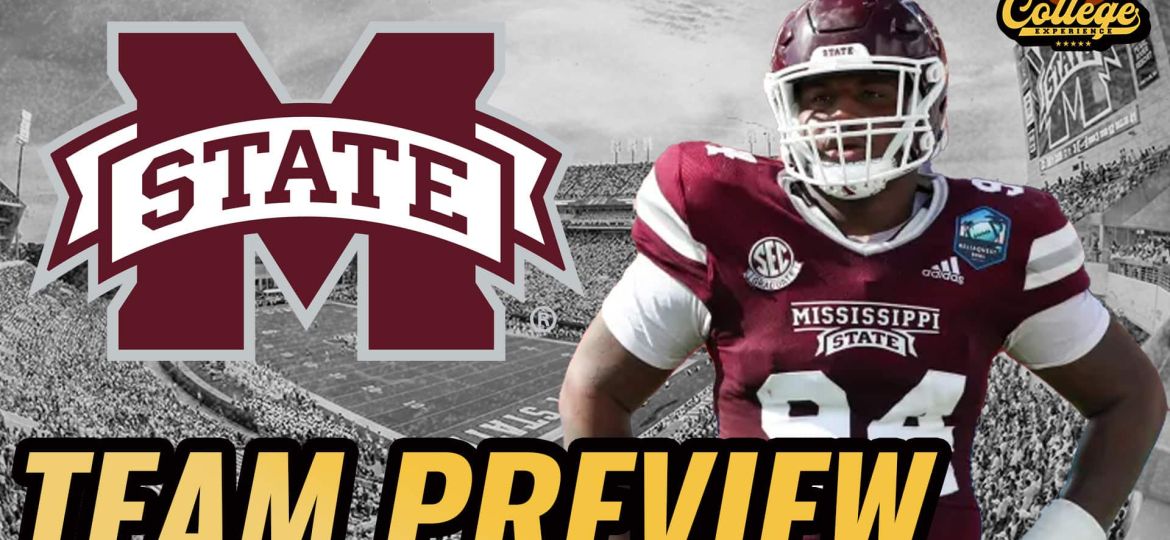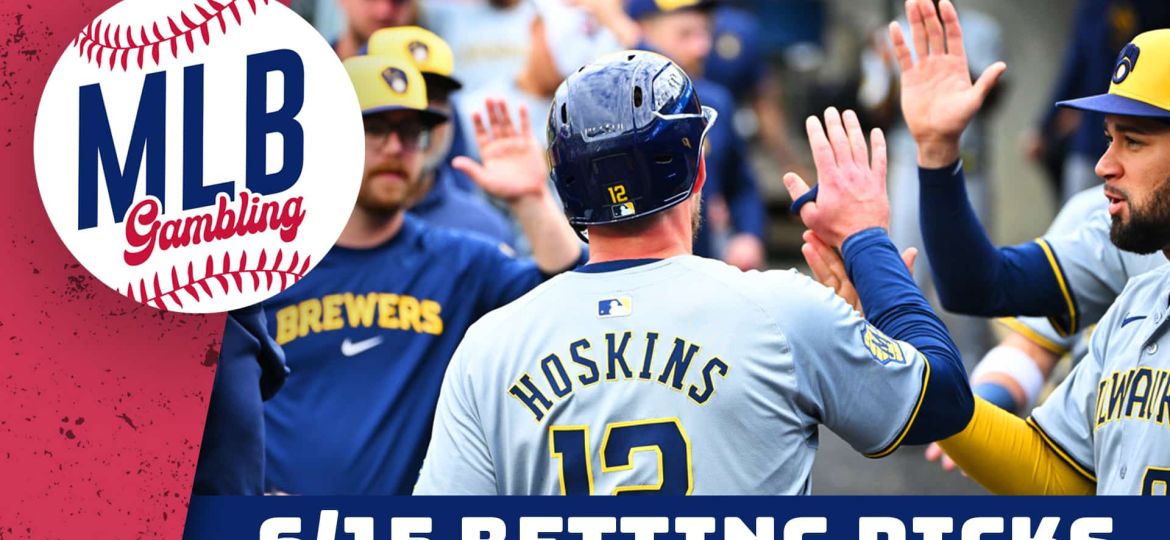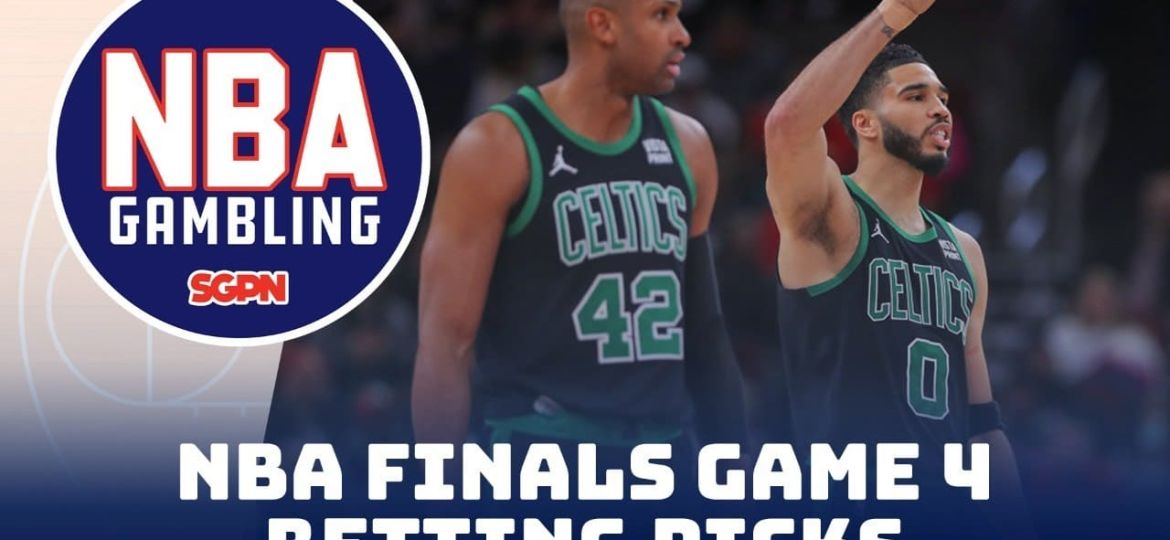Betting on elections has become a global market niche in the last decade. The 2020 US presidential election between Biden and Trump generated over $1 billion, considering only the largest data from betting houses. It is true that this event was widely publicized, resonating for months before and after.
We can see similar coverage and media exposure for many national elections in Brazil conducted in a competition format, with different rules and counting systems. Leading active management funds track pre-election polls and result probabilities for their impact on commodity markets and the economy in general. However, many bettors prefer to keep their gambling among family and friends, which hides the true dimension of this trend.
Bets on Lula vs. Bolsonaro
The 2022 presidential election between Luiz Inácio Lula da Silva and Jair Bolsonaro was a significant event in Brazilian politics. To put the significance of this election into perspective, the media preferred to comment on the elections over the 2022 Libertadores Cup Final – the greatest championship in South American football.
According to data from KTO regarding betting and probability, bookmakers favored Lula, although they did not agree on the extent. In the first round, bets on Lula averaged around 1.50, while most had Bolsonaro above 2.00, closer to 2.50.
In the second round, when less significant candidates were out of the picture and reality showed that the difference between the two was not so small, Lula was priced at 1.30. Bets on Bolsonaro were much more enticing, above 2.5 in some betting houses, even up to 3.00 times the amount bet.
The table shows that fewer bettors believed in Lula’s victory. However, many chose to bet a small amount on an underdog simply because his admirers – or calculated supporters – showed more confidence in his victory. Since polls rarely fail, a large portion of the sums indicated Lula’s victory, resulting in almost two-thirds of the volume being bets on this outcome.
There were more bets placed on Bolsonaro, logically. Nevertheless, most people tend to bet on their favorites rather than going against their beliefs, even if it means not winning a certain amount of money. Others, of course, bet impartially on who they thought would win.
Some bets were made informally, even risking personal belongings and valuable properties. The overwhelming majority chose online betting platforms and gaming sites that offered the option, with KTO being the top choice.
About the Bettors
KTO has information on bettors aged between 19 and 77 years old, as well as from the most active states. The table below shows the age distribution of those who bet on Bolsonaro to win, regardless of the round.
There’s also a table for Lula’s supporters:
In both cases, we see that people aged 32 are the most active. Overall, users between 24 and 42 years old are the largest group of individuals motivated to bet on the election winner. It comprises 76.11% of Bolsonaro bettors and 72.01% of those who placed a bet on Lula.
Those who bet on Bolsonaro were more consistent, convinced, and active, peaking at over 5.5% of bets placed in the group of people in their early 30s. However, Lula’s supporters are even more in their 40s, even in the 50s range. The average age of these individuals is considerably higher than the age of those who bet on Bolsonaro.
States like Santa Catarina and Minas Gerais are also consistently active. It’s correct to say that the average political bettor in Brazil is a 32 year-old man from Porto Alegre.
Betting on political outcomes, as highlighted by significant events like the 2020 US election and Brazil’s 2022 presidential race, highlights the connections between politics, public sentiment, and economy. These wagers reflect not only personal beliefs and political affiliations, but a broader cultural engagement with political processes.



